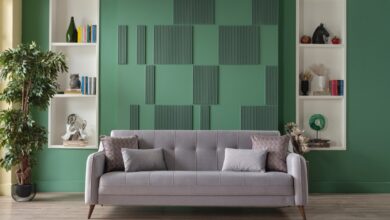What negative effects do technological products have on sleep?
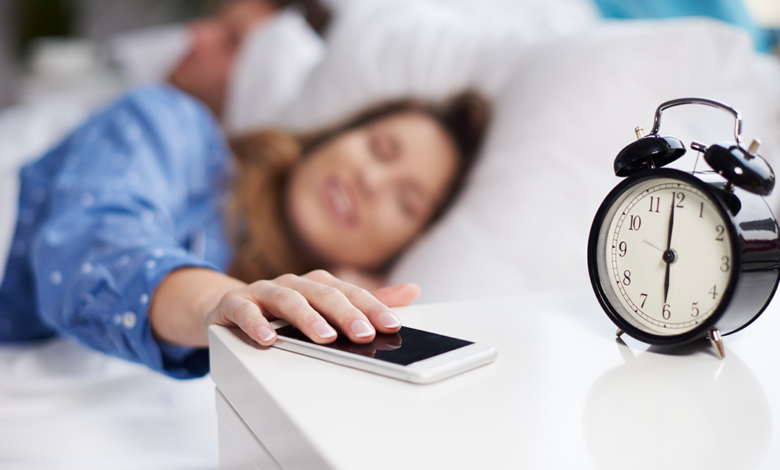
Technology has become an integral part of our lives. Scientists emphasize that today’s technological developments are just the beginning. Now people have smartphones, laptops, tablets, etc. Without their products, they don’t feel like they can keep up with the times. It’s easy to understand why the technology has been around for decades. We need this. Details that we couldn’t even imagine a few years ago are now available to make our lives easier.
What impact do these products that we use for many hours during the day have on sleep? Although it may not seem like it, laptops, smartphones and tablets steal a significant amount of our sleep time. In fact, they can even be considered the main cause of our sleepless and restless nights.
According to a Pew Research Center study, 72% of people own a smartphone and 89% use the Internet. Below we will give you some examples that support the claim that technology causes sleep problems.
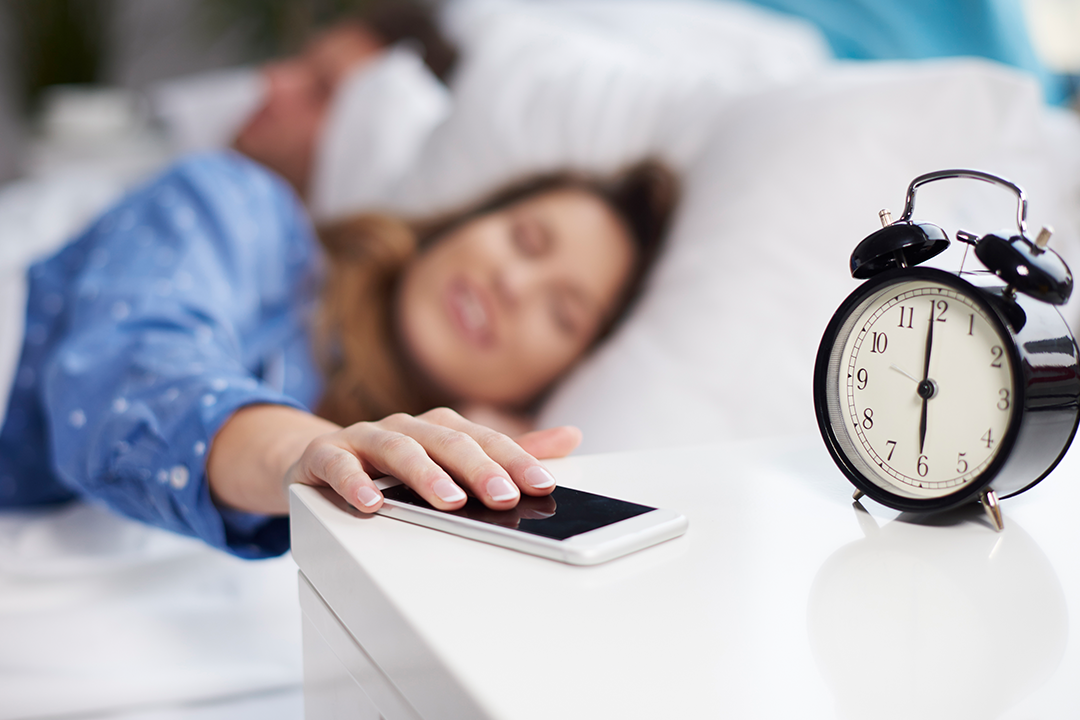
Can’t wake up without an alarm
We’ve gotten used to the alarms on our smartphones and can’t even wake up without them. Every now and then we wake up, look at our phone in a panic and fear: “Oh, I’m too late.” It’s the alarm on our smartphones that creates this fear. With the snooze function, it becomes difficult for us to wake up in the morning and our sleep is often interrupted. We prefer strong and disturbing sounds in ringtones. This explains why a person who wakes up restless may feel angry and irritable in the morning.
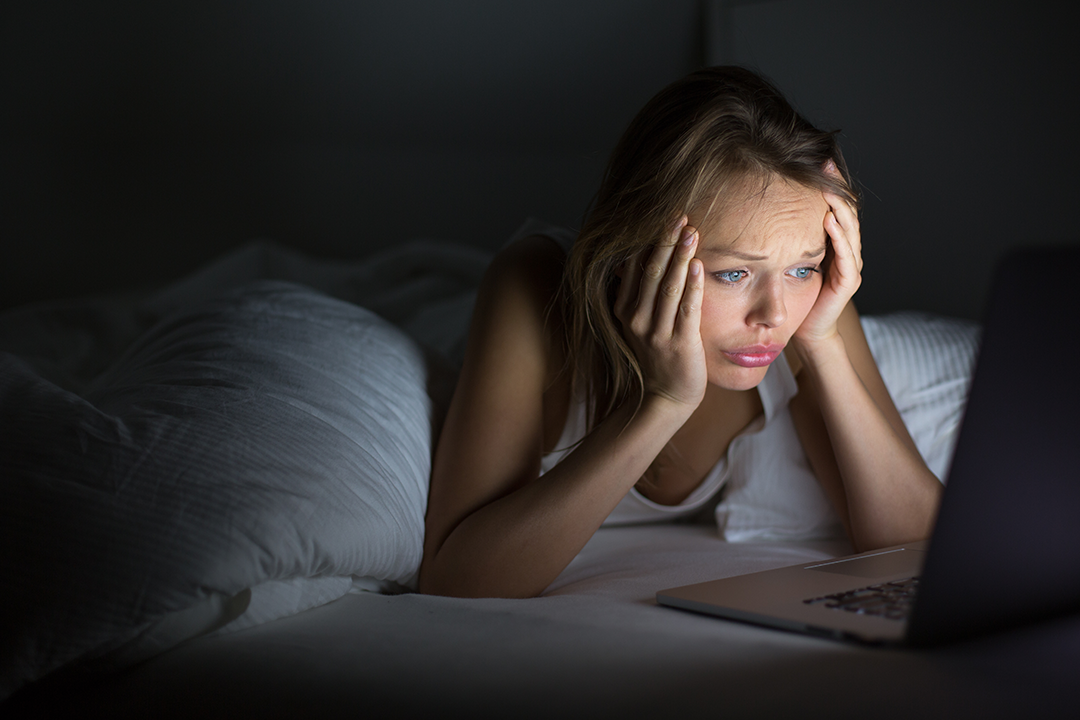
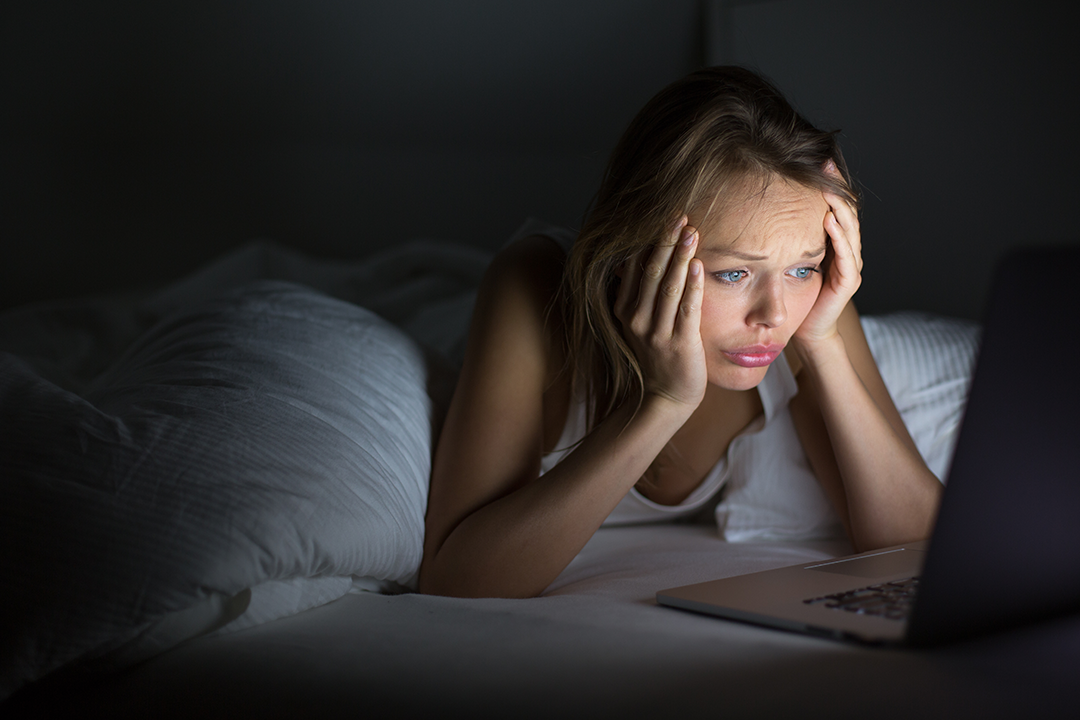
Fall asleep while watching TV or using your laptop
We think and convince ourselves that it is easier to fall asleep while watching something in the background. However, we can identify many relaxing sleep routines that can be used in the evening before going to bed. Radiation waves emitted from screens not only make our eyes swell while watching TV, but also have a negative effect on our brains after we fall asleep. Even when we fall asleep based on our impulses, we experience a state of “prolonged alertness” as our brain tries to stay awake by focusing on external sounds and actions. When we sleep so well at night, we may not feel physically tired, weak, and mentally rested the next day.
Check out our blog post about simple meditation methods you can use at home to sleep better. from here You can achieve.
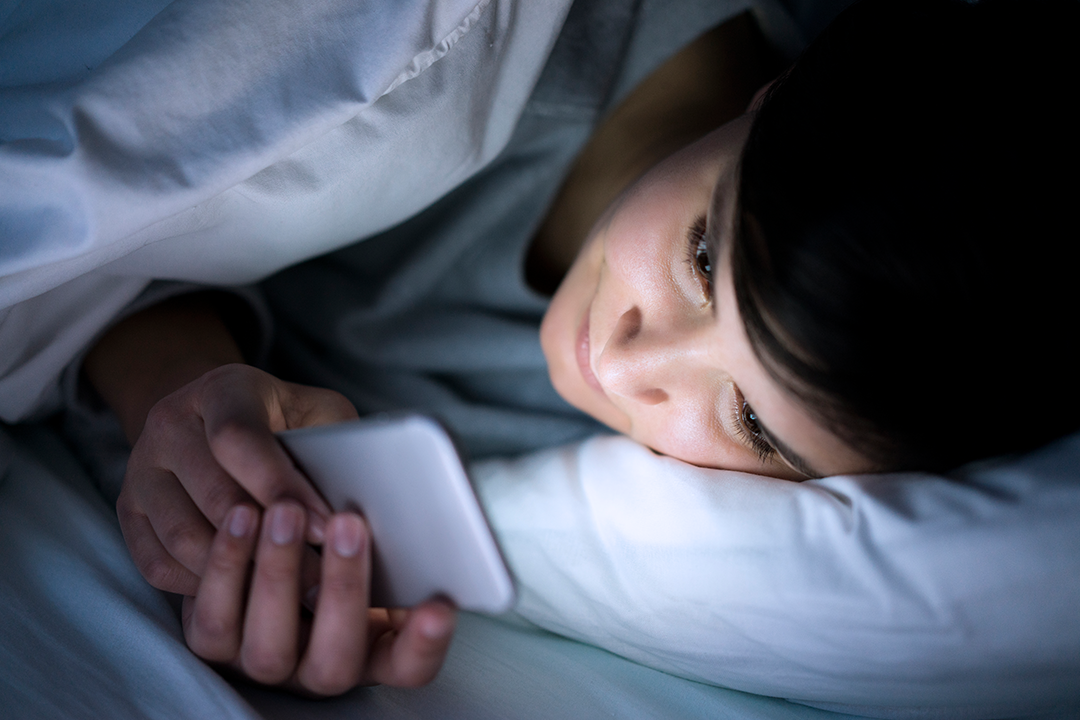
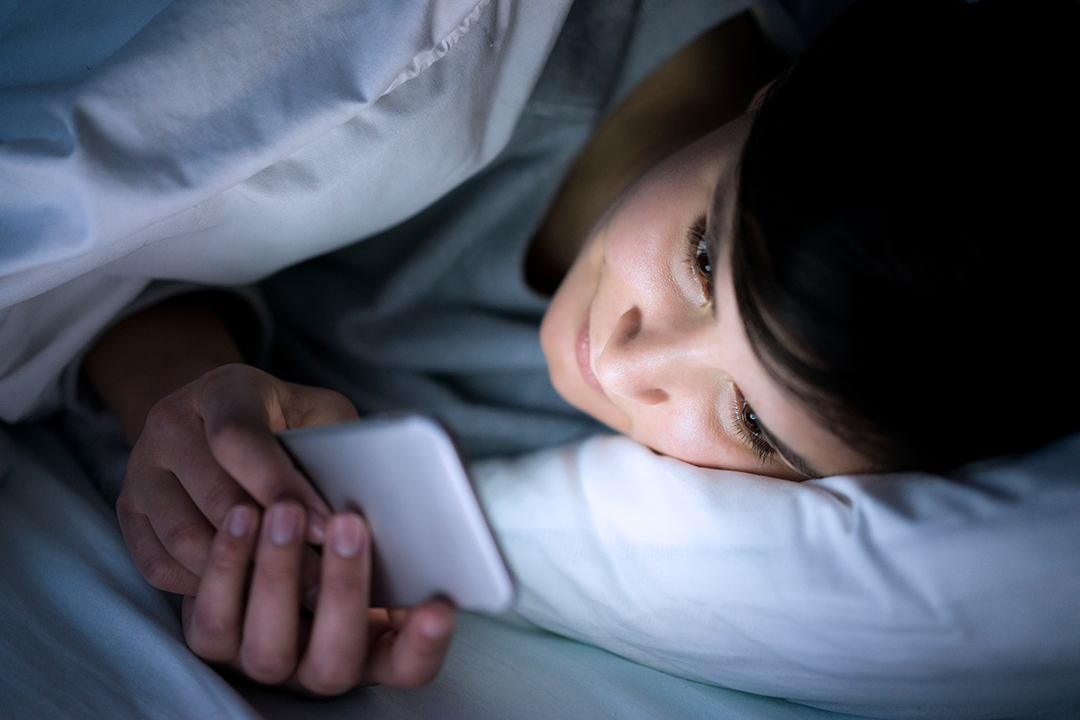
The need to check social media accounts right before bed
Research shows that 90% of people are busy with their smartphones and laptops about an hour before bed. There is a significant group of people who cannot sleep without checking their social media accounts (Facebook, Instagram, Twitter, etc.) and reading the day’s news, especially before bed. This situation completely destroys the sleep preparation phase and disrupts the sleep cycle and progression.
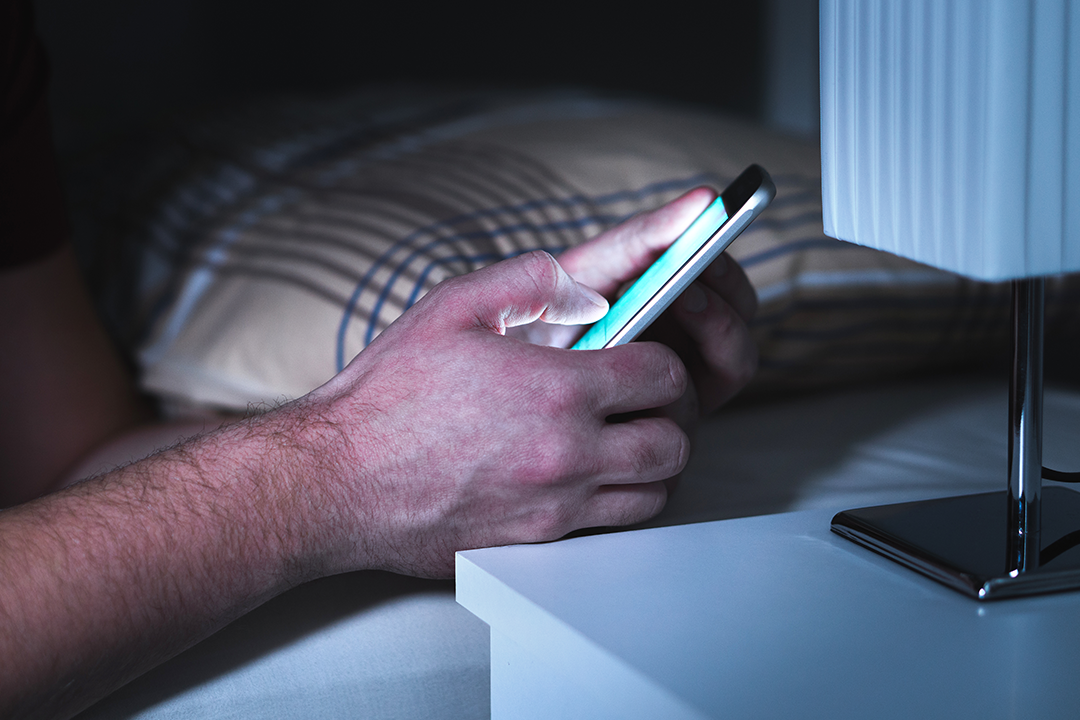
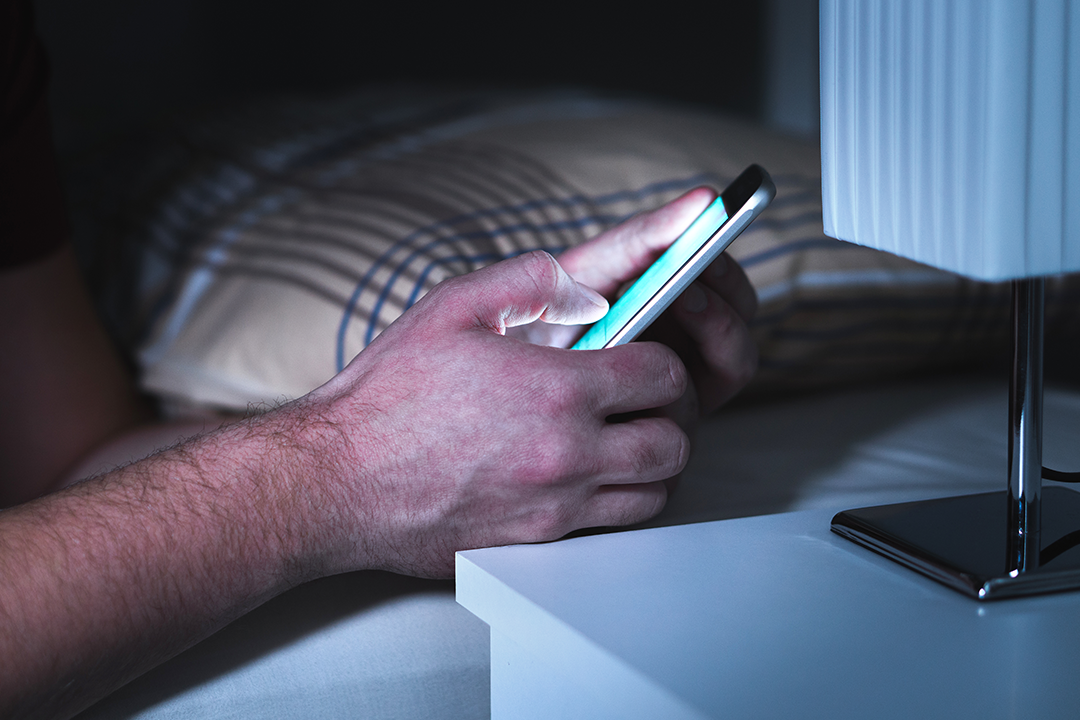
Bedroom lighting
The fact is that the human body needs darkness in order to sleep properly. When the smartphone screen turns on, we may wake up involuntarily. This can seriously affect your sleep cycle. Since the brain is activated once exposed to this situation, one can make the same effort to fall asleep again. This can lead to staring at the ceiling for hours.
Another important point, in addition to the level of lighting and darkness in the room, is our bed, on which we spend 7-9 hours. Immediately lie down in bed You can review our products in the category and choose the most suitable bed according to your personal needs.
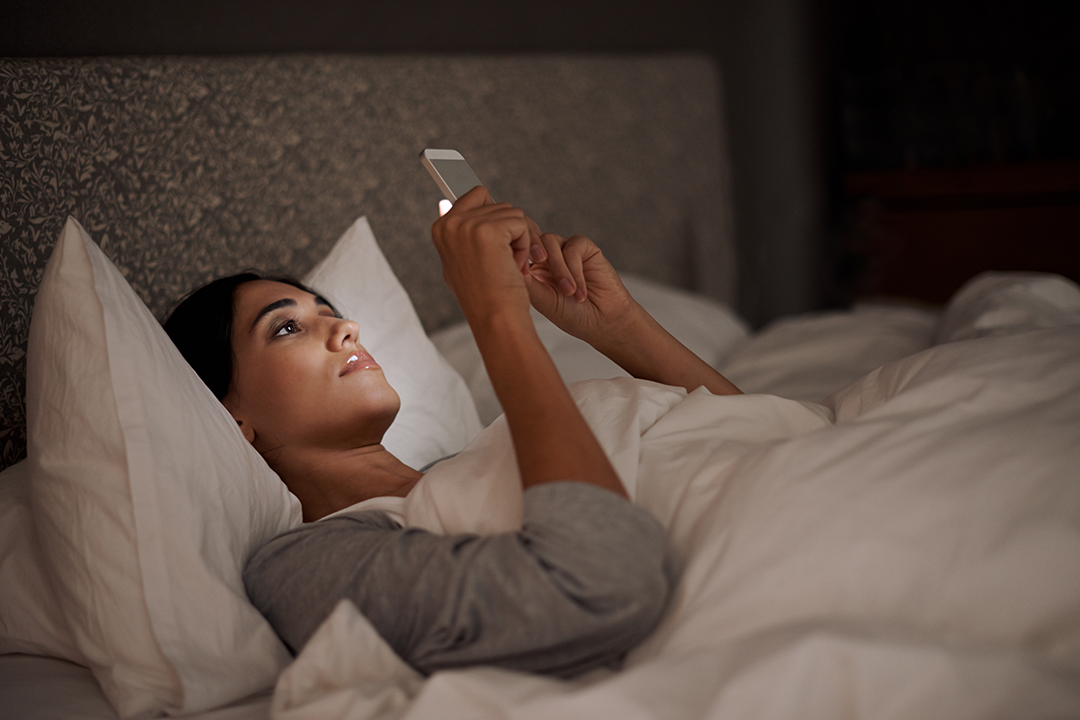
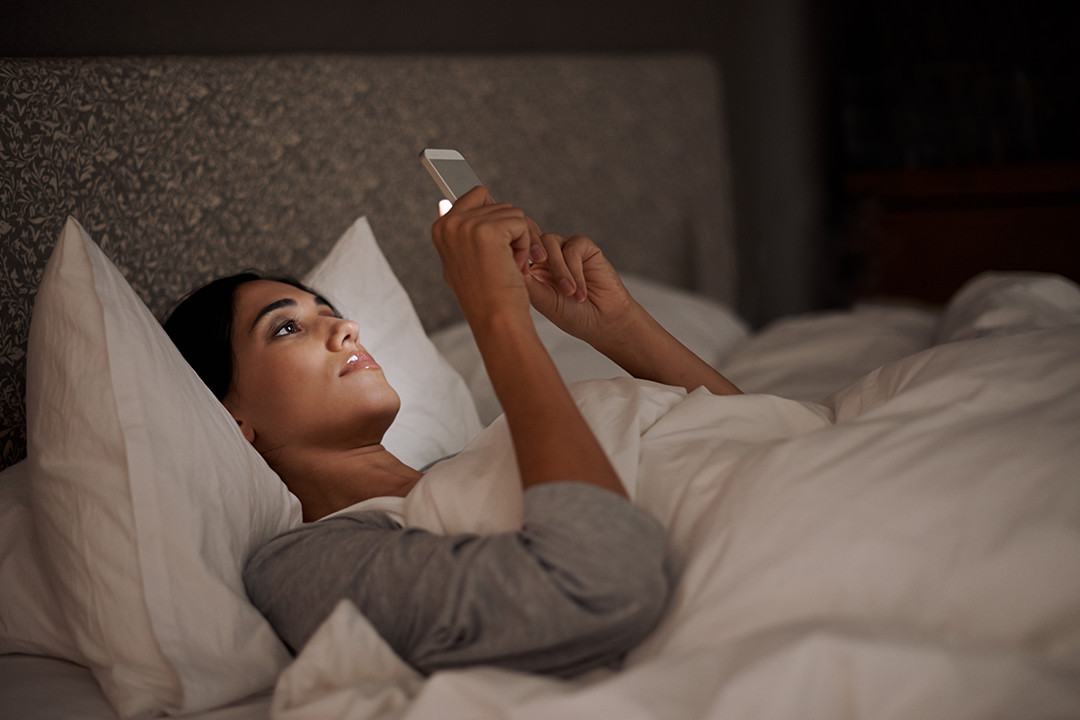
Sensitivity to message alerts and ringtones
Making a lot of calls and answering messages throughout the night can significantly increase the time it takes to fall asleep. These actions are more common among students and young people than adults and cause people of their developmental age to grow up without good sleep. So why do we answer calls and messages? Firstly, over time this becomes a habit and we reflexively take action as soon as we receive a notification on our phone. One solution to this would be to stay away from all electronic devices at least an hour before bed.
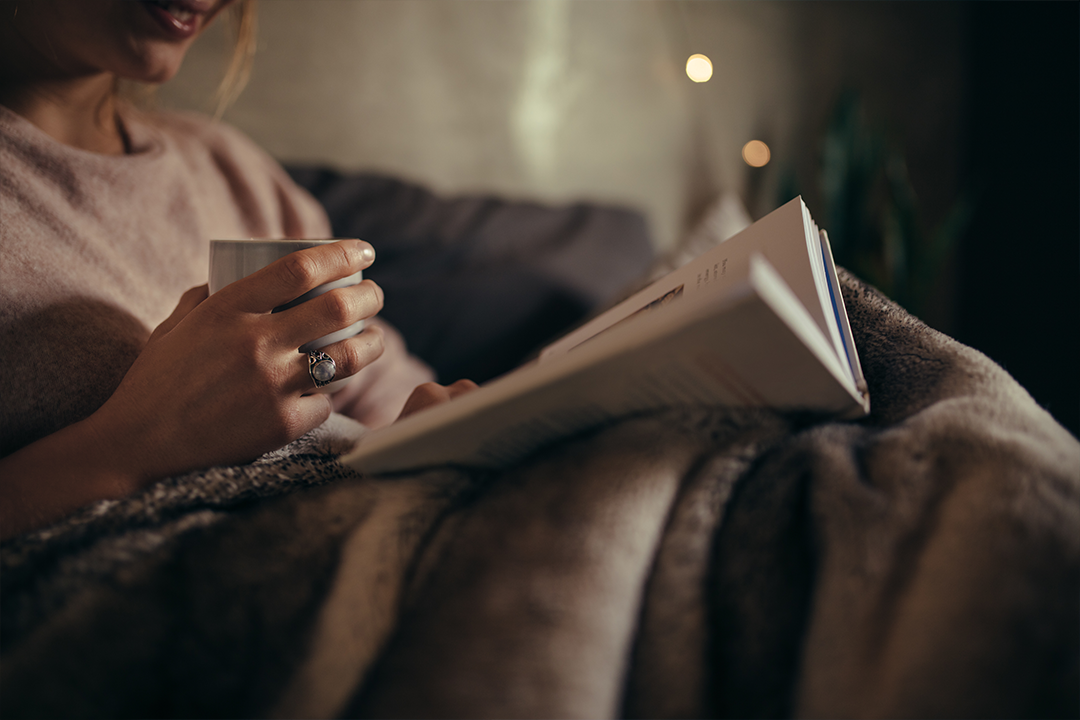
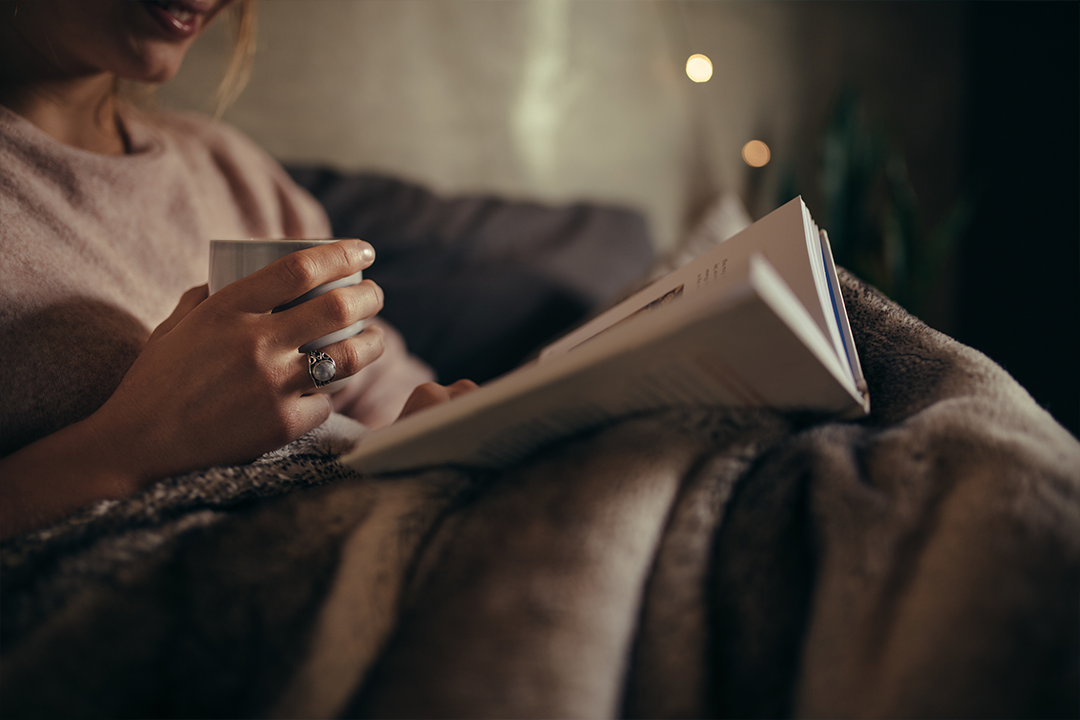
Reading from tablets instead of printed books
Although this is not yet common behavior, as technology develops we now read electronically. Our eyes tire much more when reading on a technical screen than when reading a book. Another problem is reading in a very dark environment. So reading in a pitch black room with only the light from your tablet means you’re losing both your vision and your sleep.
For better quality and more efficient sleep;
– Leave your smartphone in a different place before going to bed.
– Train yourself not to react impulsively to news alerts.
– Try to sleep with light music.
– Read printed books or magazines instead of tablets.
– Put your phones in silent mode.
– Stop working on your laptop and TV at least 2 hours before bed.
– If you have devices that are illuminated with LEDs, unplug them.
See you in our next blog post…




